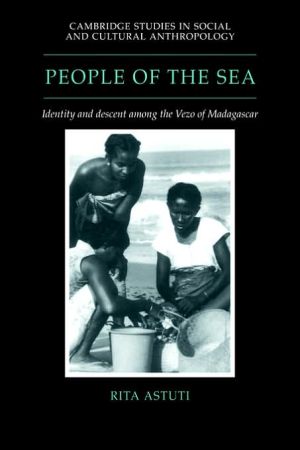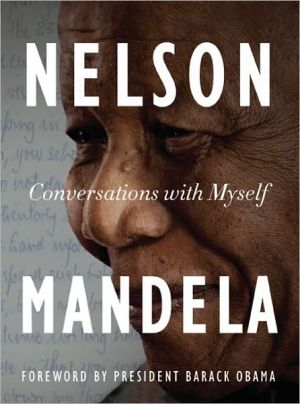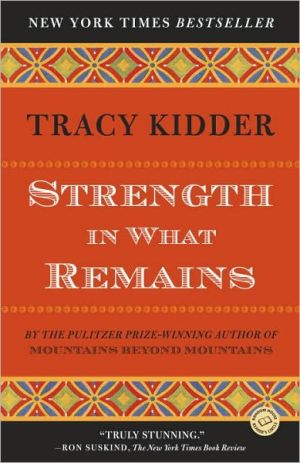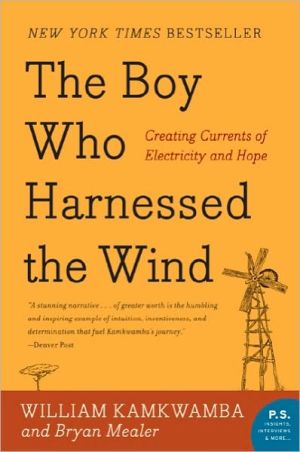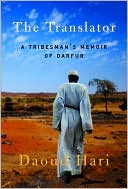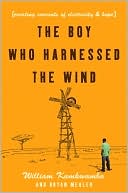People of the Sea: Identity and Descent among the Vezo of Madagascar
The Vezo are fishing people of western Madagascar. The identity of the Vezo is not fixed by descent; rather, it is established by what they do. They are people of the sea, distinguished from the farmers around them by their economic specialism. Ethnicity is usually thought to be a consequence of inborn qualities acquired by descent, and Astuti explores the consequences of ascribing ethnic identity with reference to economic activity. Her analysis reveals that only in the cult of the dead does...
Search in google:
A study of the Vezo fishing people which examines their definition of their own identity. Booknews The Vezo of western Madagascar are known as "the people who struggle with the sea." In their society, individual identity is established through what people do rather than being determined by descent or ethnicity, Astuti says--a way of doing rather than a state of being. But her analysis of Vezo kinship also reveals an opposite form of identity based on descent, which she argues is the identity of the dead. By looking at mortuary rituals that engage the relationship between the living and the dead, she develops a dual model of the Vezo person: one defined in the present, the other determined by the past. Annotation c. Book News, Inc., Portland, OR (booknews.com)
List of illustrationsAcknowledgments1Introduction12Acting Vezo in the present143People without wisdom444Avoiding ties and bonds615Intermezzo786Kinship in the present and in the future807Separating life from death1068Working for the dead1239Conclusion153Notes159List of references179Index185
\ BooknewsThe Vezo of western Madagascar are known as "the people who struggle with the sea." In their society, individual identity is established through what people do rather than being determined by descent or ethnicity, Astuti says--a way of doing rather than a state of being. But her analysis of Vezo kinship also reveals an opposite form of identity based on descent, which she argues is the identity of the dead. By looking at mortuary rituals that engage the relationship between the living and the dead, she develops a dual model of the Vezo person: one defined in the present, the other determined by the past. Annotation c. Book News, Inc., Portland, OR (booknews.com)\ \
